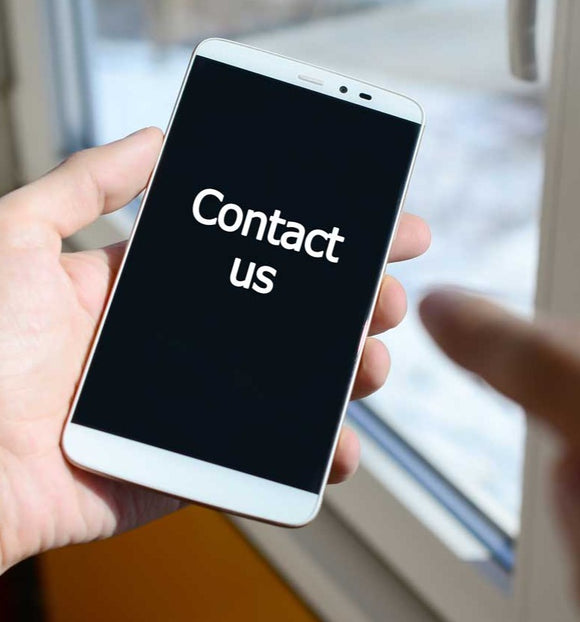Patents play a crucial role in protecting medical device products for several reasons:
- Innovation Protection: Developing a new medical device involves substantial investment in research, development, and testing. A patent grants the inventor exclusive rights to their invention, preventing others from making, using, selling, or distributing the same device without permission. This protection encourages innovation by ensuring that inventors can recoup their investment and profit from their discoveries.
- Market Exclusivity: Patents provide a period of market exclusivity, typically 20 years from the filing date, during which competitors are barred from producing or selling the patented device. This exclusivity allows the inventor to establish a foothold in the market, recoup development costs, and generate revenue without direct competition.
- Incentive for Investment: Developing medical devices often requires significant financial investment, including funding for research, clinical trials, regulatory approvals, and manufacturing. The promise of patent protection incentivises investors by offering assurance that their investment will be safeguarded and that they have the potential to reap financial rewards if the product proves successful.
- Regulatory Compliance: Patents can also be valuable assets during the regulatory approval process. Regulatory agencies, such as the U.S. Food and Drug Administration (FDA), often require evidence of intellectual property rights as part of the application for marketing approval. Having patents in place can help demonstrate the uniqueness and novelty of the device, which may facilitate regulatory clearance or approval.
- Defence Against Infringement: If a competitor attempts to produce or sell a device that infringes on a patented invention, the patent holder can take legal action to enforce their rights. This can include seeking injunctions to stop the infringing activities, as well as claiming damages for any harm caused by the infringement. Patents thus serve as a legal mechanism for protecting the inventor's market share and revenue streams.
- Licensing Opportunities: Patents can also be licensed to third parties, allowing them to use the patented technology in exchange for royalties or other compensation. Licensing can be a valuable revenue stream for inventors, especially if they lack the resources or expertise to bring the device to market themselves.
Our Services:
- Patent searches and analysis (patentability, validity and freedom-to-operate)
- Patent preparation, filing and prosecution (local and international)
- Brand protection, trademarks, registered designs


